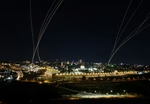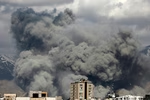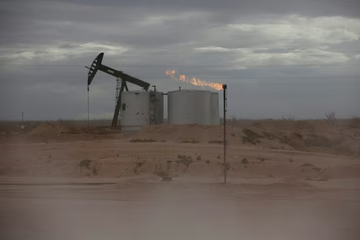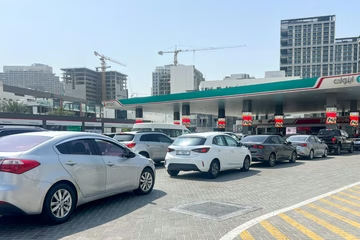UNHCR's Crvenkovic: Authorities should make asylum-seeking procedure easier
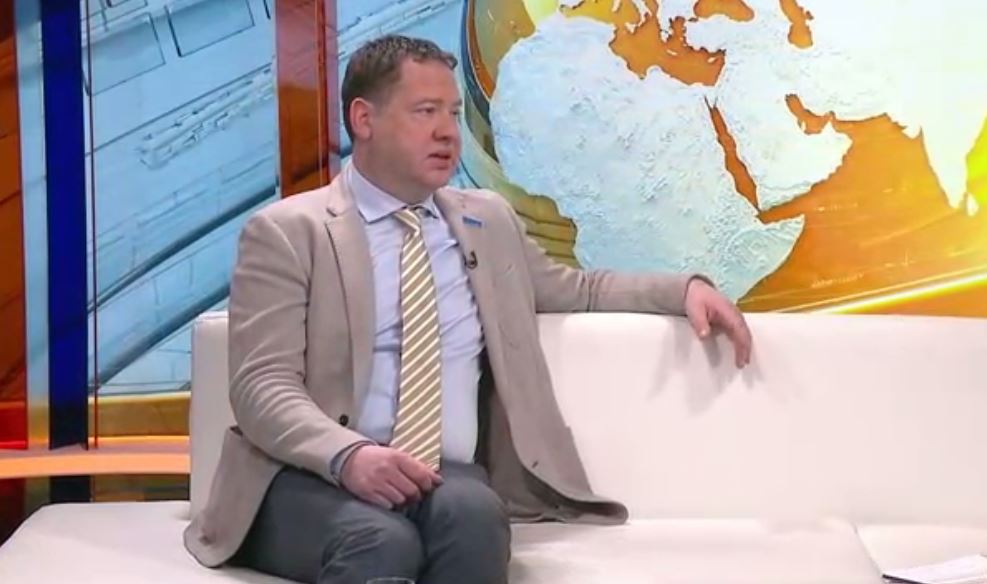
The number of incoming migrants is not likely to decrease and Bosnian authorities will hopefully be more coordinated in accordance with this situation, UNHCR's spokesperson for the south-east Europe Neven Crvenkovic told N1.
Oglas
“The number of arrivals is increasing and what matters even more than those numbers is functioning of the system, which could accept all of them and be capable of accepting this number of people and take care of them adequately,” said Crvenkovic.
According to him, the authorities should make the asylum-seeking procedure easier for those migrants willing to apply.
“Only a smaller part of them manages to formally apply for asylum in Bosnia and Herzegovina and that's the problem at the moment. In order to do that they must have a registered place of residence and the shelters they are accommodated in now are not recognised as places of residence,” he explained.
Oglas
There are about 5,200 migrants in Bosnia at this moment, said the UNHCR's spokesperson, and compared to the same period last year it is a 100 percent increase.
“We work within the United Nations team and provide help to those people with our partners,” said Crvenkovic pointing out that the situation concerning migrants in the northwestern Una-Sana region is the worst.
International organisations helped Bosnian authorities to prepare mostly abandoned or rarely used facilities at seven locations across the country to accommodate migrants who got stuck in Bosnia on their way to the western Europe.
In an attempt to get closer to their final destinations, most of the migrants took to Bosnia's northwest. But, Croatia did not let them in, as the larger part of the migrants are illegal and posses no valid documents proving their origin.
Oglas
According to Crvenkovic, Bosnian citizens do not many pieces of advice on how to behave in this situation. They already showed their solidarity.
“Leaving your home is the greatest tragedy of all. I think this awareness is present among people, but it's good to be reminded,” he added.
Kakvo je tvoje mišljenje o ovome?
Učestvuj u diskusiji ili pročitaj komentare
Oglas
Kakvo je tvoje mišljenje o ovome?
Učestvuj u diskusiji ili pročitaj komentare
Oglas





 Srbija
Srbija
 Hrvatska
Hrvatska
 Slovenija
Slovenija









